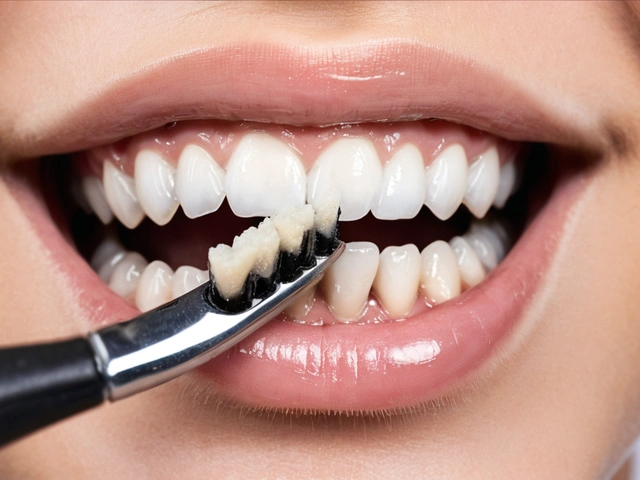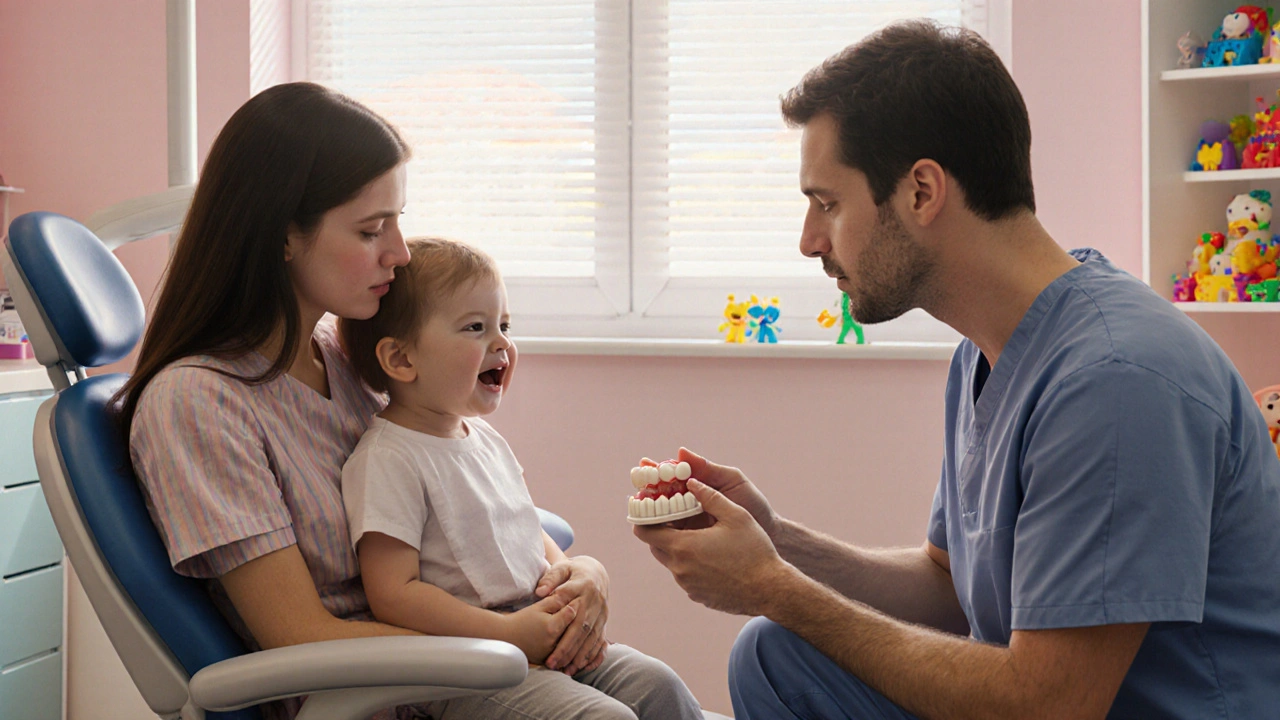Dětská zubní pohotovost: co dělat, když dítěti bolí zub nebo se poškodí
When a child suddenly has a toothache or breaks a tooth, you need fast, reliable help. dětská zubní pohotovost, speciální služba pro okamžitou stomatologickou péči u dětí, která funguje i mimo běžné hodiny. Also known as okamžitá stomatologická péče pro děti, it ensures your child gets treated quickly, whether it’s after hours, on weekends, or during holidays. This isn’t just about pain relief—it’s about saving a tooth, preventing infection, and stopping trauma from turning into a long-term problem.
Many parents don’t realize that a chipped baby tooth can affect the permanent tooth growing underneath. dětský zubní lékař, specialista, který ví, jak pracovat s dětskými zuby a jak uklidnit dítě v napětí doesn’t just fix the broken tooth—he checks for hidden damage, nerve exposure, or signs of infection that you can’t see. And if your child had a fall that knocked out a tooth, time is critical. For permanent teeth, the window to reimplant is under 60 minutes. For baby teeth, it’s about protecting the space for the adult tooth to come in properly.
You might think a toothache at 10 p.m. can wait until morning. But if your child is crying, swollen, or has a fever, it’s already an emergency. bolest zubů u dítěte, často způsobená kazu, zánětem dásní nebo trhlinou ve sklovine doesn’t go away on its own. Delaying care can mean root canal treatment instead of a simple filling—or worse, tooth loss. And if your child chipped a tooth while playing soccer or fell off a bike, don’t just rinse the mouth and hope for the best. Save the broken piece in milk or saliva and get to a clinic immediately.
Most pediatric dental emergencies happen during weekends, holidays, or after work hours. That’s why dětská zubní pohotovost exists—to give you peace of mind when your regular dentist is closed. You don’t need to drive to Prague or wait days for an appointment. Here in Beroun, we’re ready to help kids of all ages, whether it’s a loose tooth from trauma, a severe cavity that’s causing swelling, or a broken crown from biting into something hard.
And it’s not just about fixing what’s broken. We also teach you how to prevent the next emergency. Did you know that most dental injuries in kids happen during unsupervised play? Or that sugary drinks before bed are one of the top causes of rapid decay in toddlers? We’ll show you simple steps to reduce risks—like using mouthguards for sports, avoiding juice in bottles at night, and checking your child’s teeth weekly for early signs of damage.
What you’ll find in the articles below are real-life scenarios parents face: what to do when a tooth falls out, how to handle a broken filling, why a toothache sometimes means an abscess, and how to calm a terrified child before the dentist’s chair. No fluff. No theory. Just clear, practical steps you can use tonight if your child wakes up screaming because their tooth hurts.



